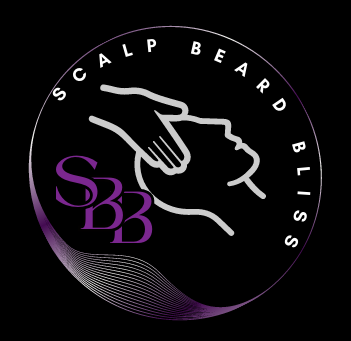Aftercare Advice
Stay hydrated: Drink plenty of water after your massage to help flush out any toxins released during the massage.
Avoid washing your hair unless experiencing any discomfort: Try to avoid washing your hair for at least a few hours after your massage to allow the oils and other products used during the massage to fully penetrate the scalp.
Avoid using styling products: Avoid using any styling products for a few hours after the massage to allow the oils and other products to fully absorb into the scalp.
Avoid exposing your scalp to direct sunlight: If possible, avoid exposing your scalp to direct sunlight for a few hours after the massage to prevent sunburn.
Get plenty of rest: Try to relax and avoid any strenuous activities for the rest of the day to allow your body to fully recover and enjoy the benefits of the massage.
Schedule regular scalp massages: To maintain the benefits of the massage, consider scheduling regular scalp massages with your therapist.
Post 24 hours to Enhance Results
Massage the scalp for a few minutes each day using gentle, circular motions.
Drink plenty of water daily- Proper hydration ensures that the scalp and hair follicles are able to function properly and produce healthy, strong hair. Dehydration can lead to a variety of problems, including dryness, itchiness, flaking and even hair loss, so stay hydrated.
Ensure that you have a well-balanced diet which includes plenty of fruits, vegetables and whole grains, as well as lean protein; this helps follicles to function properly.
Supplements that can help support hair regrowth are; Vitamin B especially Biotin (for improving hair thickness and preventing hair loss) and Zinc. Zinc is essential for the growth and repair of tissues, including hair follicles. A deficiency in zinc can lead to hair loss and poor hair growth.
Other additional supplements depending on your individual health needs may include; Vitamin A which supports the growth and regeneration of hair cells. Vitamin C that supports the structure of hair and promotes its growth. Vitamin D for growth and maintenance of healthy hair follicles. A deficiency in vitamin D can lead to hair thinning and hair loss. Iron for the production of hemoglobin, which carries oxygen to the hair follicles. A deficiency in iron can lead to hair loss and thinning.
It’s important to note that supplements should not compensate a healthy diet and that you should always consult a healthcare professional before starting any new supplement regimen.
